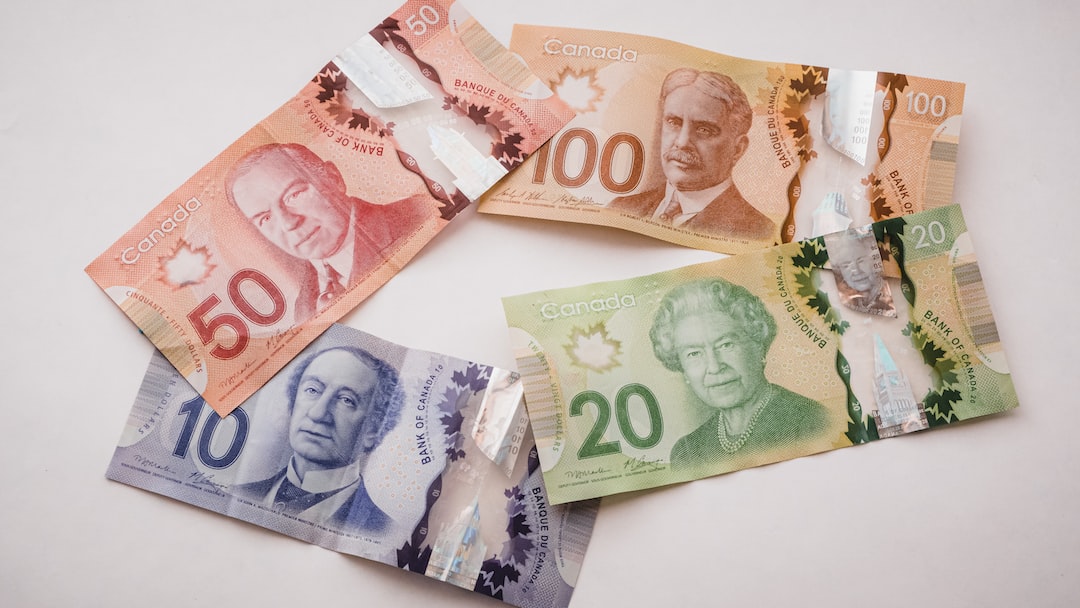The foreign exchange market, also known as the forex market, is the largest financial market in the world, with an average daily trading volume of $5.3 trillion. It is a decentralized market where different currencies are traded 24 hours a day, 5 days a week. But who controls the forex market?
The forex market is not controlled by any single entity or institution. Instead, it is influenced by a variety of factors, including global economic events, political developments, and the actions of individual traders and market participants. However, there are some key players that have a significant impact on the direction of the market.
Central Banks
Central banks are the most powerful players in the forex market. They have the ability to influence the value of their respective currencies through monetary policy decisions, such as interest rate changes, quantitative easing, and currency interventions. For example, if a central bank raises interest rates, it can attract foreign investment, which can strengthen the currency. Conversely, if a central bank lowers interest rates, it can stimulate domestic spending, but it can also weaken the currency.
Some of the most influential central banks in the forex market include the Federal Reserve (Fed) in the United States, the European Central Bank (ECB) in the European Union, and the Bank of Japan (BOJ) in Japan.
Commercial Banks
Commercial banks are also major players in the forex market. They provide liquidity to the market by buying and selling currencies for their clients, as well as for their own accounts. They also act as intermediaries between buyers and sellers, which helps to facilitate transactions and ensure that the market operates smoothly.
Investment Firms
Investment firms, such as hedge funds and asset managers, also play a significant role in the forex market. They trade currencies on behalf of their clients, using a variety of strategies to generate profits. For example, they may use technical analysis to identify trends and patterns in the market, or they may use fundamental analysis to evaluate economic data and news events.
Retail Traders
Retail traders are individual investors who trade currencies through online forex brokers. While they may not have the same level of influence as central banks or commercial banks, their collective actions can still impact the market. For example, if a large number of retail traders buy a particular currency, it can cause the currency’s value to rise.
Factors That Influence the Forex Market
In addition to the players mentioned above, there are many other factors that can influence the forex market. Some of the most important include:
Economic Data
Economic data, such as gross domestic product (GDP), inflation, and employment figures, can have a significant impact on the forex market. For example, if a country’s GDP is growing at a faster rate than expected, it can strengthen the currency, as investors may see it as a sign of a healthy economy.
Political Developments
Political developments, such as elections, geopolitical tensions, and policy changes, can also impact the forex market. For example, if a country’s government announces a new trade policy that could hurt its economy, it can weaken the currency.
Market Sentiment
Market sentiment, or the overall mood of market participants, can also influence the forex market. For example, if investors are optimistic about the future of a particular currency, it can cause its value to rise.
Conclusion
In summary, there is no single entity or institution that controls the forex market. Instead, it is influenced by a variety of factors, including central banks, commercial banks, investment firms, retail traders, economic data, political developments, and market sentiment. Understanding these factors is crucial for anyone looking to trade currencies, as they can help predict the direction of the market and identify potential trading opportunities.





